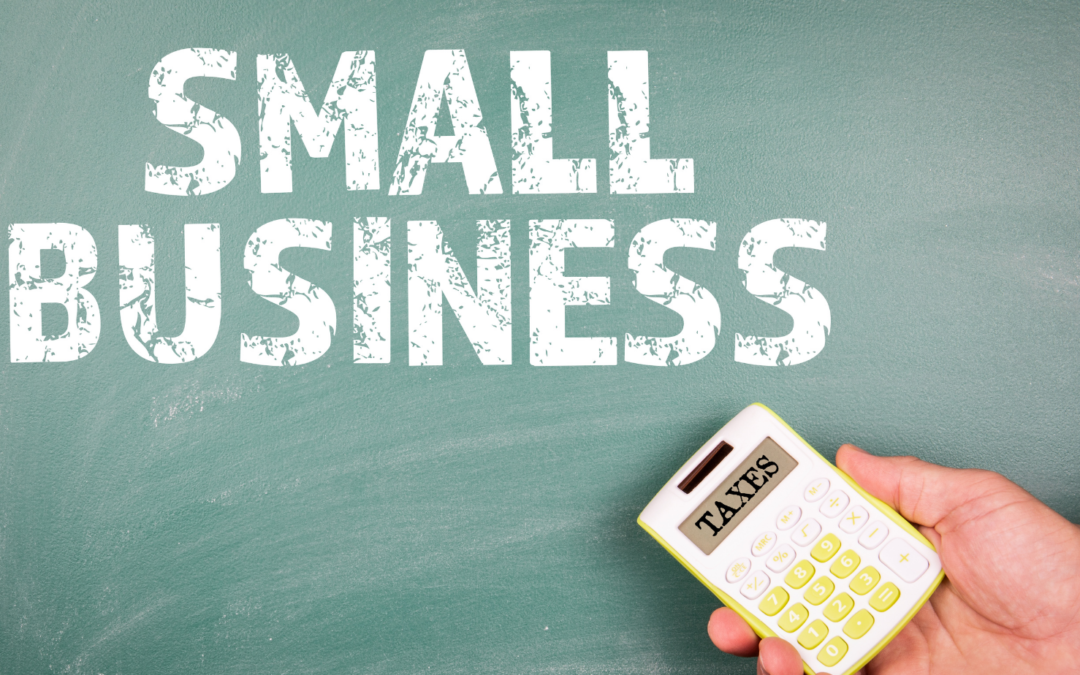Self Employment Tax Tips
Self Employment Tax Tips
 If you are in business for yourself, or carry on a trade or business as a sole proprietor or an independent contractor, you generally would consider yourself self-employed and you would file IRS Schedule C, Profit or Loss From Business or Schedule C-EZ, Net Profit From Business with your Form 1040.
If you are in business for yourself, or carry on a trade or business as a sole proprietor or an independent contractor, you generally would consider yourself self-employed and you would file IRS Schedule C, Profit or Loss From Business or Schedule C-EZ, Net Profit From Business with your Form 1040.
Here are five things the IRS wants you to know about self-employment:
- Self-employment can include work in addition to your regular full-time business activities, such as part-time work you do at home or in addition to your regular job.
- If you are self-employed you generally have to pay Self-employment Tax. Self-employment tax is a social security and Medicare tax primarily for individuals who work for themselves. It is similar to the social security and Medicare taxes withheld from the pay of most wage earners. You figure SE tax yourself using a Form 1040 Schedule SE. Also, you can deduct half of your self-employment tax in figuring your adjusted gross income.
- If you are self-employed you generally have to make estimated tax payments. This applies even if you also have a full-time or part-time job and your employer withholds taxes from your wages. Estimated tax is the method used to pay tax on income that is not subject to withholding. If you don’t make quarterly payments you may be penalized for underpayment at the end of the tax year.
- You can deduct the costs of running your business. These costs are known as business expenses. These are costs you do not have to capitalize or include in the cost of goods sold but can deduct in the current year.
- To be deductible, a business expense must be both ordinary and necessary. An ordinary expense is one that is common and accepted in your field of business. A necessary expense is one that is helpful and appropriate for your business. An expense does not have to be indispensable to be considered necessary. In addition, you must be able to substantiate your expense.
For more information see IRS Publication 334, Tax Guide for Small Business, IRS Publication 535, Business Expenses and Publication 505, Tax Withholding and Estimated Tax, available at http://www.irs.gov or by calling the IRS forms and publications order line at 800-TAX-FORM (800-829-3676).
Recent Posts

Pittsburgh Financial Planning
No one cares about your financial well-being more than you, so it's important to have a financial plan for yourself. A financial plan creates a roadmap for your money and helps you achieve your goals. Financial planning can be done on your own or with a professional....

Small Business Taxes – How to plan for the year
Running a business is hard enough without adding the complexity of filing taxes each year. The key, experts say, is to work with your accountant throughout the year, not just when you prepare your tax return. Here are five best practices for small business taxes when...
Merging Finances When You Marry
Getting married is exciting, but it brings many challenges. One such challenge that you and your spouse will have to face is how to go about merging finances. Planning carefully and communicating clearly are important, because the financial decisions that you make now...
